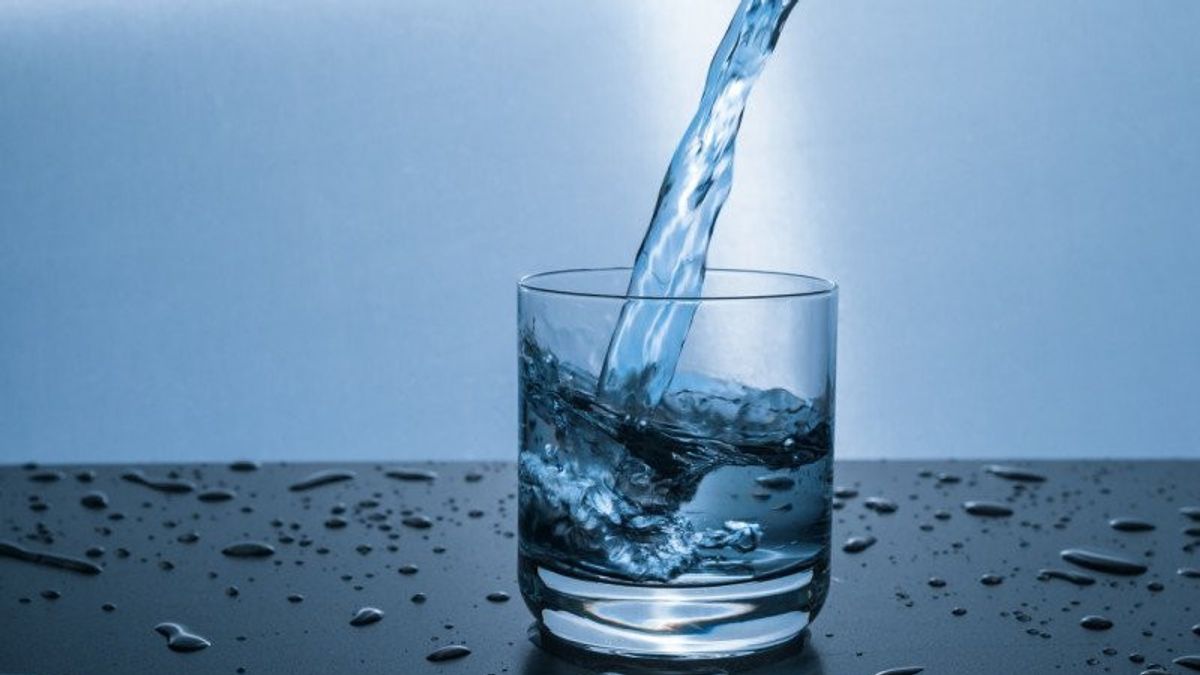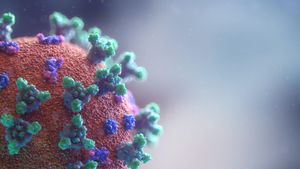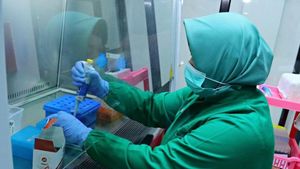JAKARTA - Water intake plays an important role in helping the process of developing organ functions in a child's body.
Pediatrician Cahyani Gita Ambarsari explained that children have higher metabolic needs than adults as a result of their growth and development.
"This is what causes water loss or fluid and solute replacement in children to occur faster than adults," said Cahyani in an official broadcast received in Jakarta, Antara, Wednesday, September 28.
The pediatric nephrologist who is also a member of the Indonesian Doctors Association added,
Water is the largest component in the human body. However, the water content in the body can be reduced without consuming enough fluids. This happens because in carrying out its function, water will also be removed from the body.
For example, to get rid of metabolic waste substances, these wastes will be dissolved in water, and then excreted in the form of urine from the kidneys, sweat from the skin, and feces from the digestive tract.
Evaporation of water through the skin and lungs is also one way to control and maintain body temperature.
Therefore, water in the body will also be excreted every day, namely through urine (60 percent), evaporation from the skin and lungs (35 percent), and feces (5 percent).
So, to maintain water content in the body and ensure optimal body functions, it is important to consume adequate fluids every day, especially for infants and children.
Water intake is important for children because their body composition is different than adults. The volume of muscle, fat, and bone is not as big as an adult.
"Therefore, the child's body is dominated by a larger proportion of water content," said Cahyani.
The younger the age of a child, the greater the composition of water in his body. About 80 percent of a baby's body weight consists of water. In addition, the body surface area of a child is proportionally larger than that of an adult.
Meanwhile, adults have a body surface area of 0.26 square centimeters for every cubic centimeter of body volume, while infants have a body surface area of 1.32 square centimeters for cubic centimeters of body volume.
The body naturally experiences fluid loss through the skin's surface. Therefore, infants with a larger body surface area than adults are more prone to dehydration than adults.
VOIR éGALEMENT:
In addition, there are protective mechanisms of the body to prevent excessive water loss, for example, thirst, which is often not perfect in children. Most children are still less sensitive and not quick to recognize or feel thirst.
"There are so many benefits of water for your little one, that making sure your little one is properly hydrated is very important," he said.
The English, Chinese, Japanese, Arabic, and French versions are automatically generated by the AI. So there may still be inaccuracies in translating, please always see Indonesian as our main language. (system supported by DigitalSiber.id)















